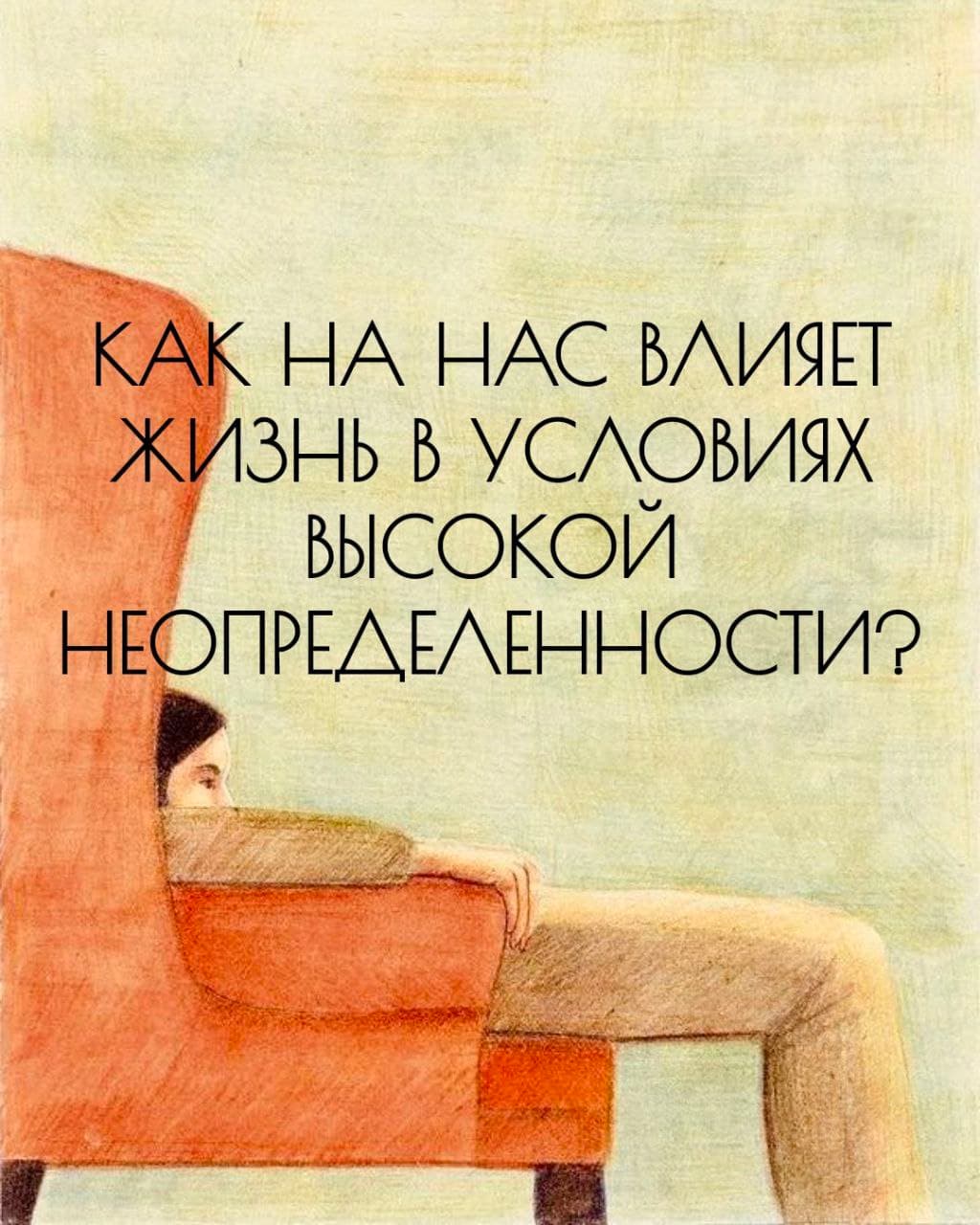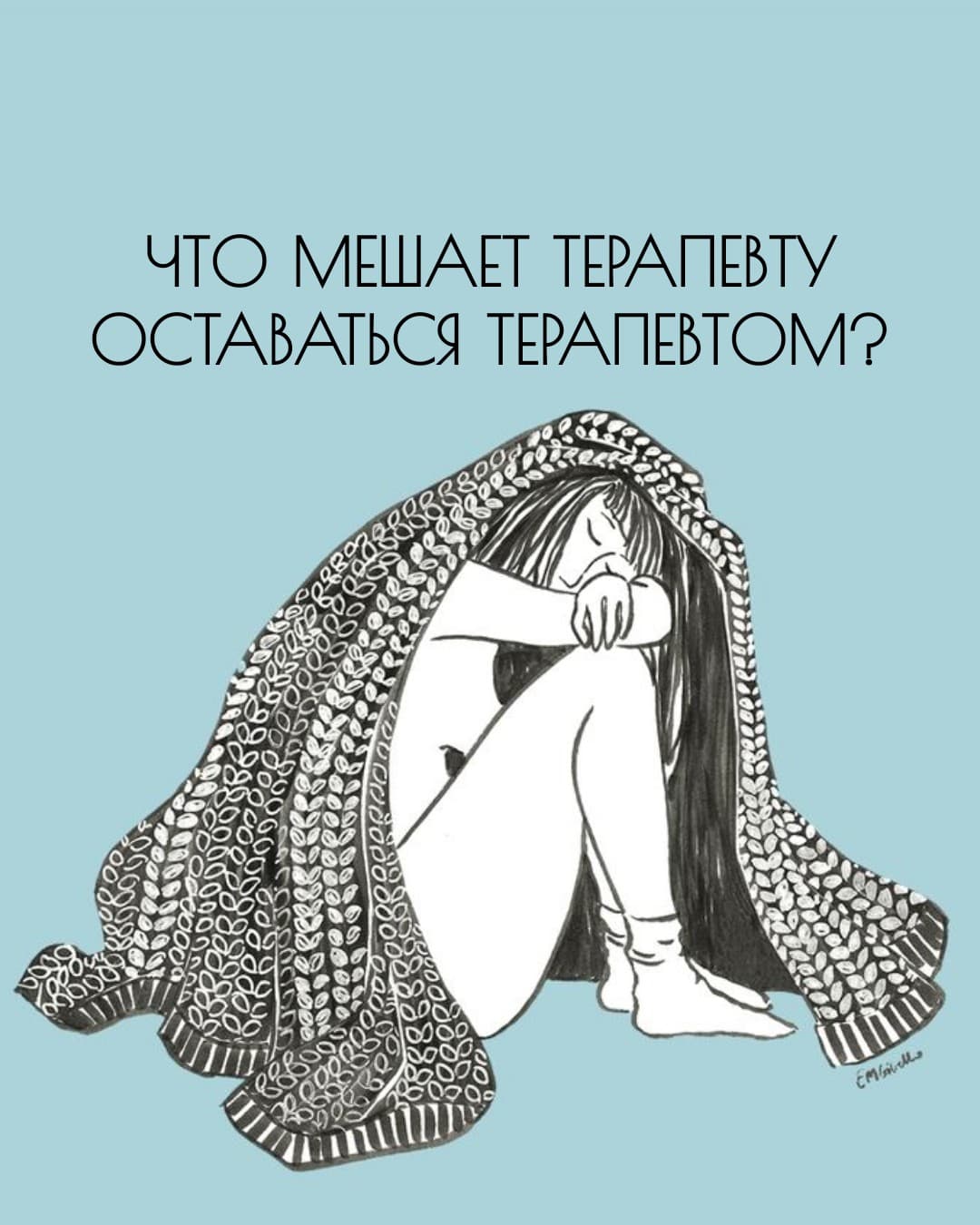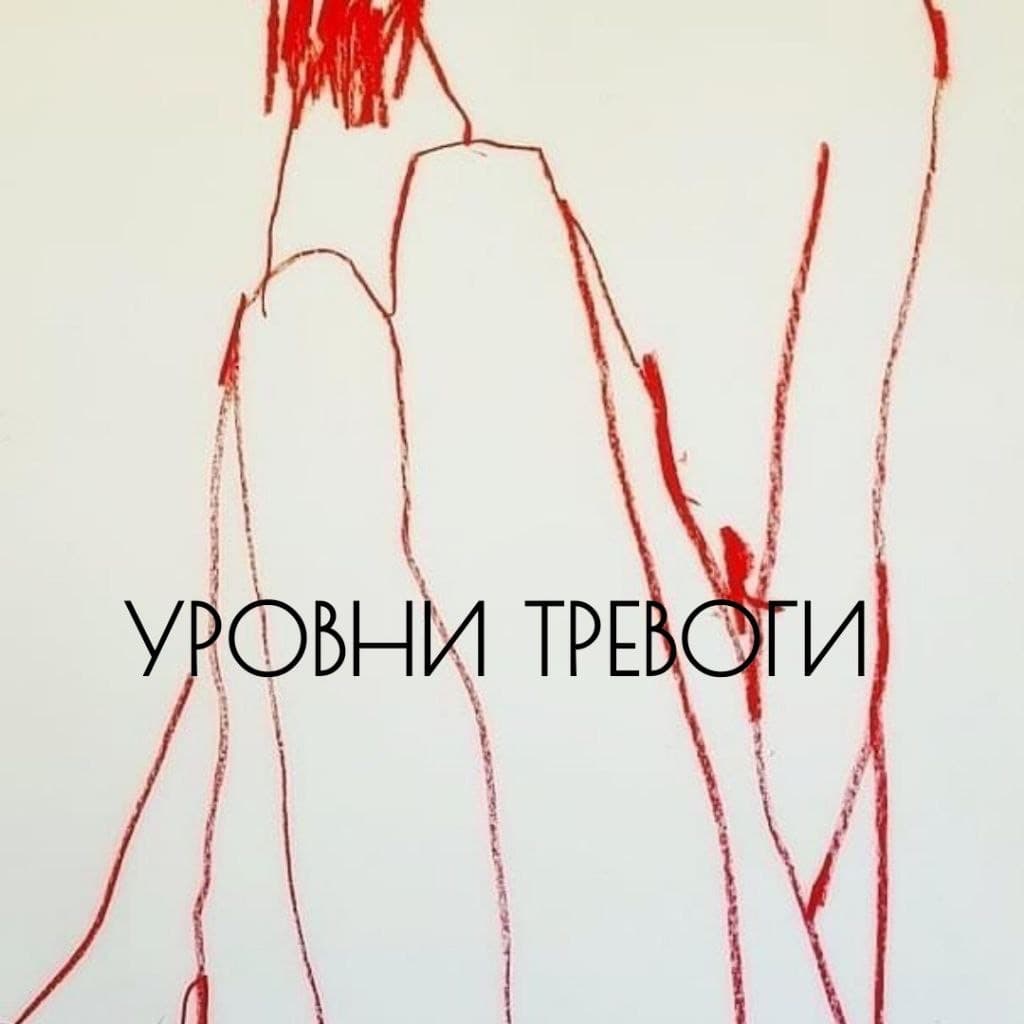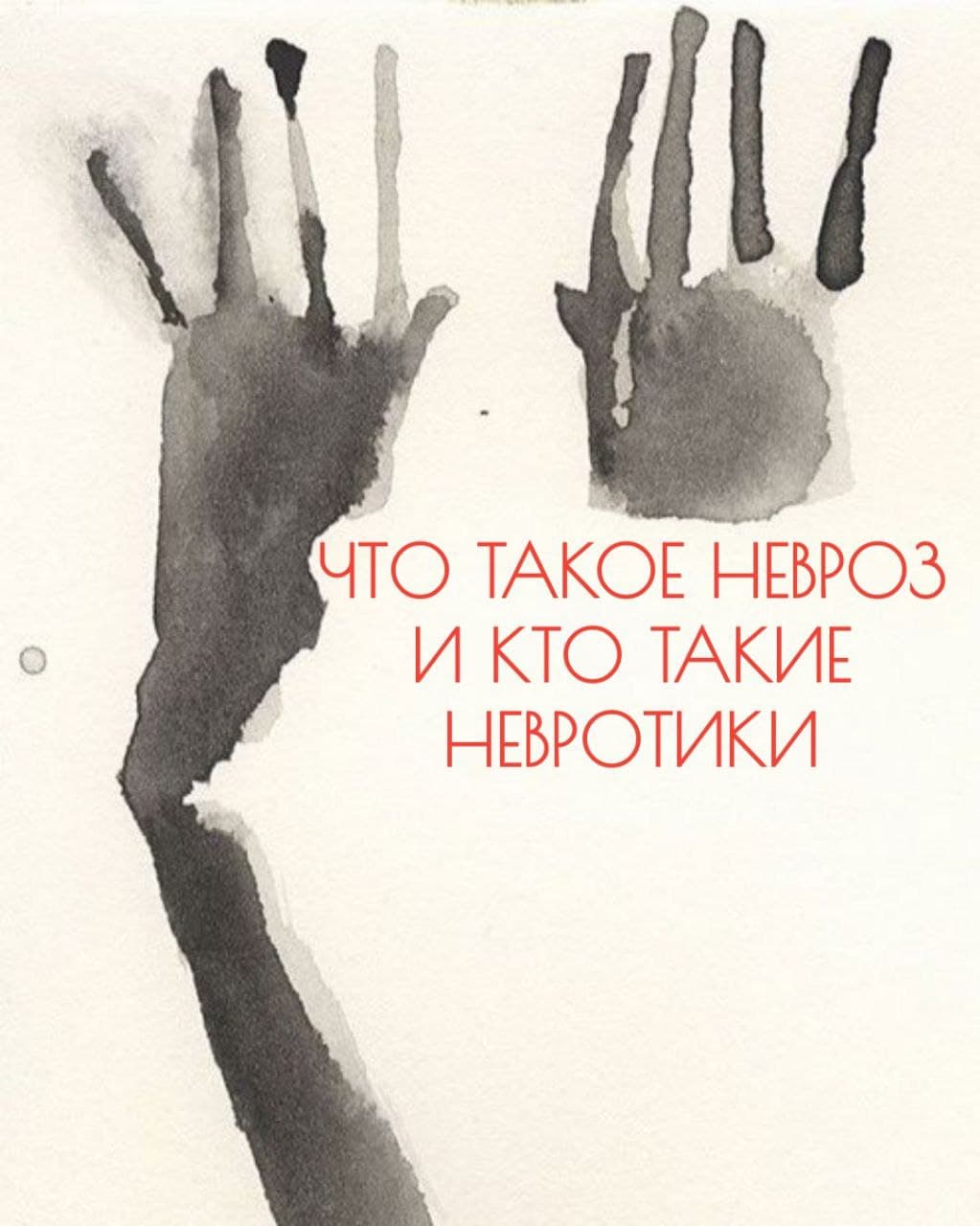
@omprograms
Uncertainty is almost inevitable and, in a way, even a familiar part of our lives. But when the level of uncertainty is high, it can affect a whole range of important aspects of our lives.
Lack of support in the period of growing up and the ability to manage their emotions often develops in people a tendency to a black-and-white assessment of reality and a willingness to change the assessment, writing others as enemies or friends. Psychotherapist Olga Movchan believes that sometimes entire countries do this, and for similar reasons
Recently, the behavior of the Russian governmental structures has been particularly emotionally intense, impassioned and inconsistent. The situation with the separation of the Russian Orthodox Church from Constantinople is a vivid illustration of this. Just now Athos was one of the main sanctuaries of Orthodoxy, a place of pilgrimage and significant expenditures of the Russian elite. Now "it is impossible for laymen: to baptize (and anoint) children, to confess and receive communion, to receive the sacrament of baptism from priests and bishops of the Patriarchate of Constantinople", including representatives of the Athos complex. Bartholomew himself, until yesterday the main Orthodox hierarch, has been declared a heretic and a schismatic. This sudden change from friendship to enmity happens without any serious reason. It is impossible, right, the abolition of anathema to a couple of hierarchs in a neighboring state in the right mind to consider as a sufficient reason to write off to zero and the holiness of the place, and the wisdom of the Athonite elders, and the common history.
In psychiatric practice, this way of reacting is referred to as borderline personality traits, or borderline organization. It is characterized by an unclear sense of self, problems in self-definition (so-called diffuse identity), primitive defense mechanisms used in order not to face hard-to-tolerate experiences, difficulties with trust, the need to control reality, and a tendency to organize emotionally intense, conflictual relationships.
One of the main factors in the formation of a borderline organization is the lack of a stable adult in childhood on whom one can rely, who can be trusted and who is capable of building trusting relationships. In the experience of a person with borderline organization - deceived trust, the collapse of what he counted on as a support. In a mild variant, this could be a recurring situation of an unreliable adult. For example, a child went away from his mother to the sandbox, and when he returned, he did not find her there. He experiences confusion, frustration, and anger. But his need for his mother is comparable to his anger toward her. The child is unable to relate the different emotions to one person and experiences the mother who left him and the mother he needs as different people. This is how one of the primitive defenses - splitting - is formed. In the future, this way of perception is transferred to others. Accordingly, reactions to them become polar - depending on "who" of the split parts of the partner the person sees in front of him/her at the moment.
As a result, becoming an adult, a person views external subjects as either absolutely good or absolutely bad - momentarily. The world of borderline experience is black and white: "Russians are good," "Americans are bad," "Democrats are good," "patriots are bad," or vice versa.
Another primitive defense mechanism characteristic of the borderline personality organization is projective identification. If some of my experiences are unbearable for me, I begin to believe that they are not really mine, but someone else's. It's easier to find the enemy than to figure out what I'm doing wrong, because the latter means confronting my own imperfection. This is especially true for things that are really hard to change.
This inability to integrate "good" and "bad" experiences largely explains the difficulties with one's own identity. In a healthy situation, we define ourselves quite clearly through social affiliation - professional, national, political, as well as through intellectual features, abilities, external features, hobbies, etc. In borderline organization, self-identification is contradictory and inconsistent, perception of others and attitude towards them is similarly difficult. Diffuse identity and primitive defenses arise from a lack of support, but also, in turn, reduce the ability to rely on both self and others. The result is a loss of the ability to trust, suspicion, and constant reality testing. As a consequence, people with such problems have very emotionally intense relationships in society, characterized either by idealization or devaluation.
When it comes to multiple people, groups, or communities where the behavior of different participants acquires borderline traits, we talk about a borderline field or borderline situation. Looking at our country from a historical perspective, Russia has long had all the conditions for the formation of a borderline organization of personality and field. Our parents, grandparents, and great-grandparents have constantly faced the instability of reality, the impossibility of relying on either people or ideology. For many generations, we see the same patterns, grown from years of unpredictability and unreliability, seasoned with terrifying bloodthirstiness. In the context of our history, this collapse happened multiple times even within a single human lifespan. The Tsar, anointed by God, became an obstacle to a bright future and was killed. (However, just as everyone got used to the declared justice of this outcome, he began to be revered as a saint.) The idea of faith in God was not just questioned — it was harshly stigmatized, with thousands of clergymen dying in the fight against faith. It became possible to believe only in communism. At the same time, "true and genuine communists and heroes" suddenly became spies, enemies of the people, and of Stalin himself. Even Stalin, the father of nations, suddenly turned out to be "not a father, but a bastard." Then, both communism and the idea of a bright future collapsed. Words changed their connotation, "Western" came to mean "developed," "quality." And "Soviet" ceased to mean "excellent" and began to be associated with something backward. We hastily rushed to catch up with the very world that had recently shown us its monstrous capitalist grin. But something went wrong again. The concept changed once more. The West catastrophically deteriorated again.
The dichotomy of attitudes towards the current conflict between Russia and the world remains monochromatic in the eyes of both the liberal-minded part of the population and the so-called patriots. Either "Russia is to blame, it is separating from the world" or "the world is to blame, Russia has no chance to negotiate with it". In the border field, there is no way to assume that both the world and Russia are not perfect, and responsibility should be shared and opportunities to negotiate should be sought.
This impossibility is compounded by the fact that such situations tend to have a double bottom and subconscious falsity that reinforce mistrust. The unpredictability and unreliability of foundations is characteristic of systems in which what is officially proposed as a foundation is in fact a decoration constructed by the beneficiaries. Revolutions, changes of religions and ideologies, enmity with neighbors and friendship with them, changes in rules and orders, systems of definitions and ethics are presented as a movement from false to true, from bad life to a bright future. But they happen because elites (new or old) can make money, secure themselves, or gain more power in the process. This dichotomy often works on a personal level as well: as a result of the transformation of a communist hero into a spy in Stalin's time, someone could get a dacha shed, or even a room in a communal house, or a promotion - many denunciations were materially motivated. The "abolition" of communism in the 1990s and the return to the old scruples in the 2010s and the "ban on Athos" are from the same series, but the scale of these phenomena is different.
Unfortunately, members of society who are not the beneficiaries of such doublethink, but who live and develop in the boundary field created, support its existence and development: there are boundary traits in each of us, and when faced with a boundary situation, we resonate with our corresponding reactions.
The recipe for change in society is not simple. Global change requires a change of approach at the institutional level. State institutions should become more predictable and be based on something immutable: law, constitution, traditions. Mechanisms that ensure the transparency of decision-making should eliminate "doublethink," explaining the real reasons for certain actions of the state. Then a particular member of society will have a feeling of greater stability and clarity. And as long as there are no global structural changes, it is difficult to form other patterns of personal behavior.
Living with borderline personality traits is hard. People with borderline experiences have difficulty controlling anger and irritability. Their frustration is accompanied by global devaluation. Instead of "you don't understand me now" the person says "you never understand me", instead of "please pay attention to me" - "you are always inattentive to me". And they really experience this "never" and "always" as truth. "Borderline" doesn't really notice when others are hurt - guilt is hard to bear for them, which means that a situation where there is a danger of feeling guilty is very likely to be ignored. The consequence of the features described above is the difficulty in building any stable relationship. This applies to love relationships, friendships, and interactions at work. Such people are often lonely; they experience fear of loneliness and tend to make serious efforts not to be abandoned, sometimes paying for the preservation of attachment part of their identity, building an ideal image of the real partner and refusing to notice his imperfections. But the ideal image is not reality, and after a while people with borderline experiences start to feel anger and devalue the other person, forgetting about the exaggerated but still present good qualities.
Psychotherapy helps to compensate for certain borderline patterns and learn to live with them. A person begins to realize the strength and adequacy of his/her emotional reactions, learns to see and understand other people better, learns to accept his/her own non-ideality and imperfection of others without breaking relationships. This allows one to build more comfortable and stable relationships, to achieve one's goals better, to find, create and maintain sufficiently strong, not decorative supports.
I myself want to find something reliable and unchanging. I can risk trusting my inner circle. It's much harder with the wider society. Spinning my head in all directions, I found the only thing that has remained absolutely unchanged in my not so long life. Vladimir Lenin. Epochs have changed, friends have become enemies and friends again, the West and the East have changed places in our politics a couple of times, good and bad mean different things every couple of years, but he was lying in the Mausoleum, and he is still lying there, not moving anywhere, not changing in any way. However, I can't look at Ilyich with a non-borderline view. No matter how I look at him, he remains completely black. It would be nice to get some colored glasses.

Fill out the form below, we will answer your question shortly!

Uncertainty is almost inevitable and, in a way, even a familiar part of our lives. But when the level of uncertainty is high, it can affect a whole range of important aspects of our lives.

WHAT PREVENTS A THERAPIST FROM BEING A THERAPIST?

Alarm levels. What is anxiety and how to deal with anxiety?

What is neurosis, and who are neurotics?